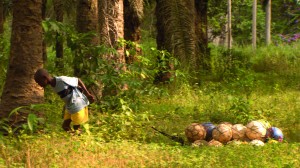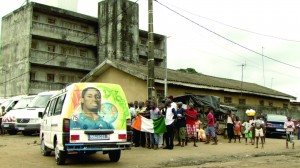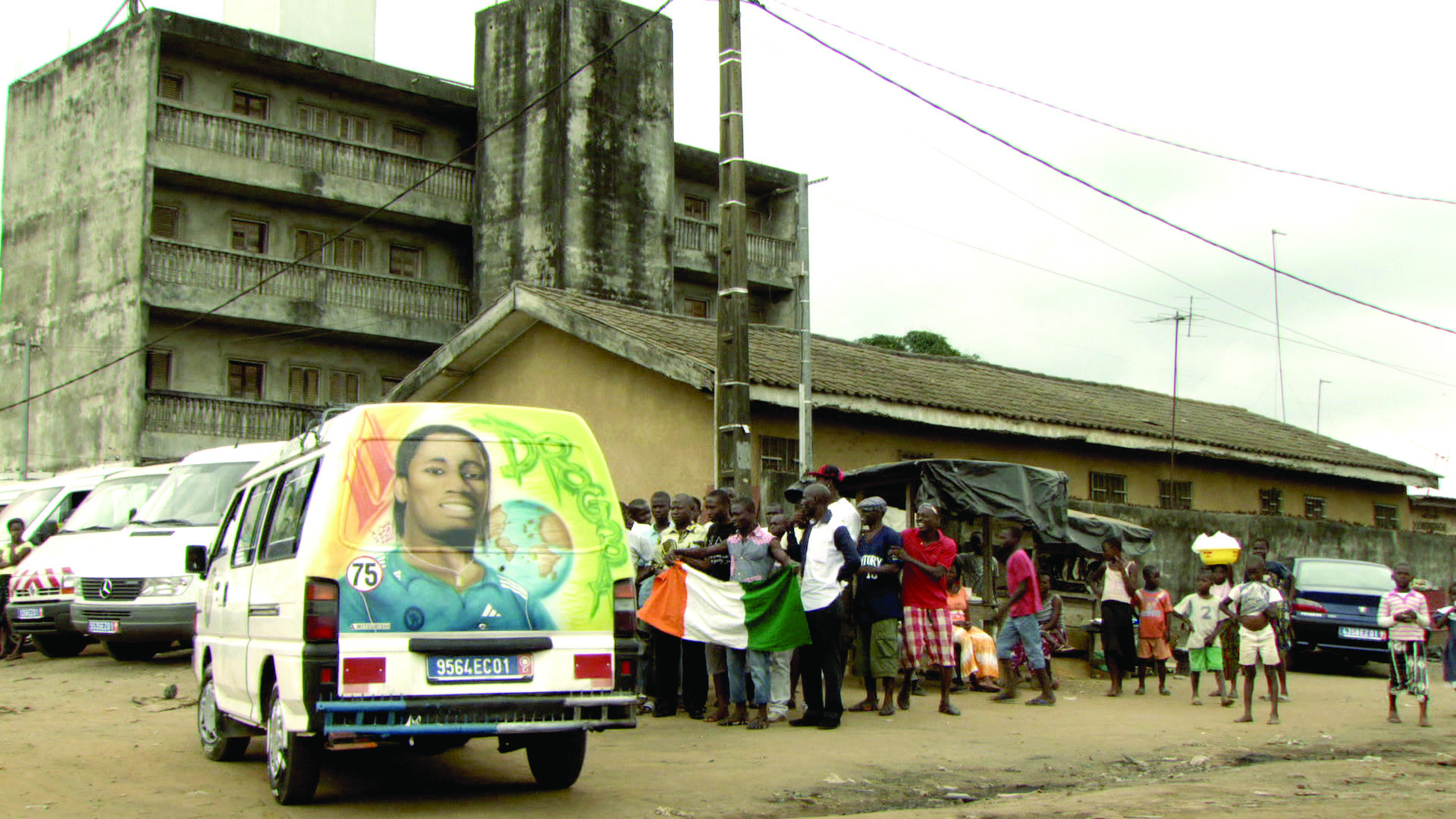

While the “rags to riches through hard work” narrative may anchor capitalist ethos, it lacks the glamour we tend to think should accompany success these days. Slow aggregation just isn’t sexy. No one strives to be Cornelius Vanderbilt anymore; Jonathan Duhamel or Mark Zuckerberg feature in today’s schemes and dreams. And, though it may be the American Dream’s most exclusive kin, the story of the elite athlete, say Michael Jordan, is perhaps coveted most.
This shift from Vanderbilt to Jordan also alters the character of the almost-made-its. Those who worked hard to build a business, but never neared the staggering success of the Commodore, still built something; they won’t be remembered as titans of business, but they’re not often cautionary tales. The same cannot be said about elite athletes.
For every LeBron James, there’s a handful of Hook Mitchells: athletes who came close to the big time but are derailed through bad decisions, bad management or simple bad luck. Now imagine the kids striving to become the poster on their wall who face higher stakes, consequences even more dire and have no semblance of a legal safety net to protect them. This gets you somewhat close to the situation documented in Black Diamond: Fool’s Gold.
Black Diamond focuses on young boys in Ivory Coast and Ghana who share dreams of playing professional soccer, not just for the glamour but, as one of the 13-year-olds says in earnest, to repay their mothers for all they did to feed their growing kids.
It’s immediately clear most of these kids will never play professionally, not in Uruguay or Japan and certainly not in Europe; there’s far more of them than there are spots in the pros. So there’s a feeling of dread pervading their conversations with the filmmakers about playing for
Barcelona or Juventus or Marseilles. And it’s not long before we realize the kids aren’t just fighting against statistics. We’re introduced to a program called ASPIRE Africa through a talent call on Ghanaian television. We later see their van parked at Accra’s main square, blaring “your dreams will come true, your dreams will come true” over the roof-mounted loudspeaker. Called the largest football
talent search in history, the Qatari-backed program annually screens 500,000 13-year-olds from seven countries, hoping to find Europe’s next imported stars. We join the 50 finalists in Ivory Coast and in Ghana, where they are playing for scouts from football royalty.
ASPIRE looks benevolent on the surface, providing a stage and spectators with legitimate clout. But a little digging unearths a sinister network manipulating the boys and conning their families.
Agents and managers who attend the showcase offer positions in Austria or Morocco, if the kids can pay up front fees of three or four thousand dollars. When parents balk, they are asked why they would damage their kid’s chances for overhead costs sure to be recouped 10 times over. Your child will be happy and your finances secure, they say, but only if you pay now. Not many parents are able to resist this dual-pronged entreaty.
The players arrive, bright-eyed and ready to make their mark, only to be abandoned penniless in a foreign country. It turns out ASPIRE is more of an early screener for other semi-pro teams; the 13-year-olds are too young to train, but scouts want to know who to keep their eyes on. For the rest of the kids, the camp is a spider web in which self-interested businessmen and experienced con men ensnare their marks. The players’ elders warned of these spiders, but the siren song of Adidas kits and Umbro shoes is too hard to resist. (A visual aside: the spider motif slowly makes its way through Black Diamond visually, culminating in one of the most unsettling, illusion-breaking moments I’ve seen in a documentary. I won’t ruin the surprise, but it’s a rare instance where the verisimilitude of documentary is subverted to its advantage.)
The film is explicit in comparing this modern-day industry with the slave trade. It may be an extreme analogy, but it’s hard not to compare the gated training schools where kids are used and disposed of like commodities to the coastal fortresses built by the British.
Every NFL or NBA player leaves dozens of high school peers behind, working minimum wage jobs, wishing they hadn’t listened to the sycophants and opportunists who promised glory but disappeared when expectations weren’t met. It’s an upsetting story, but it pales in comparison to the one Black Diamond tells. Because for every Didier Drogba or Michael Essien, there are hundreds of Ivorians and Ghanaians who were tricked by soccer’s swindlers, and who started with nothing but somehow now have less.
Black Diamond: Fool’s Gold is showing on Feb. 13 at 7 p.m. in H-110. For more information, visit www.cinemapolitica.org/concordia.




